Concorto Tuesday offers events for everyone!
At 4:30 PM at the Galleria Ricci Oddi, *Concorto Kids* kicks off: three days of cinema, workshops, and snacks for children aged 3 to 12. Today’s program includes urban garden exploration workshops and a design thinking activity to make Piacenza more sustainable. We look forward to seeing you there!
At 5 PM at the Salone Amici dell’Arte, the talk *”Soil, Urbanization, Agriculture in Piacenza: A Difficult Coexistence”* will take place with Laura Chiappa and Giuseppe Castelnuovo in collaboration with Legambiente Piacenza. Following the talk, there will be screenings of short films from the *Supernature* focus.
After the afternoon marathon, we’ll move to Parco Raggio for the competition shorts; following that, the greenhouse will host screenings for the *Focus Palestine* and *Ubik*, while at 11:30 PM, Ibisco will perform live at the Boschetto.
400 Cassettes – Thelyia Petraki
As seen by Vanessa Mangiavacca
I misbehaved in the cosmos yesterday.
I lived around the clock without questions, without surprise.
Wisława Szymborska
Relationships are a complex system of connections, much more intricate than what we can perceive by simply observing reality: an almost quantum-like network of interactions in the way we meet and bond. In the short film *400 Cassettes*—presented at the latest edition of the Locarno Film Festival and making its Italian premiere at Concorto—director Thelyia Petraki explores the boundaries of friendship, sisterhood, and love between Elly and Faye, starting from a lesson in cosmic archaeology in their high school classroom. At an indeterminate moment between the late 1980s and early 1990s—why bother defining “time,” the film suggests—the two protagonists reflect, reconnect, and illuminate each other through analog devices, attempting to penetrate the intimacy of the world’s objects. The questions they ask overlap with all the doubts that accompany any search for self and the meaning of life: none of these questions receive a definitive answer, but that’s the risk one takes when questioning the cosmos and trying to explain the invisible. In the face of the enigma of eternity, what remains are tapes to listen to, watch, and rediscover in memory.
Zima – Tomek Popakul
As seen by Vanessa Mangiavacca
Polish director Tomek Popakul returns to Concorto Film Festival with the short film Zima, screened as an Italian premiere. The psychedelic journey into adolescence of Acid Rain (2019) and the abysses of The Moon (2020) appear to meet in this latest animation, a grim and immersive trip, punk and lyrical, hard to identify and full of continuous suggestions, and for these very reasons breathtaking.
The analog texture, the ever-changing angle and the rough drawing lead us into an anti-linear narrative jungle, divided into four chapters: on a sea of ink, a few characters emerge , starting with a couple formed by a boy and a girl, to which new faces are added, those of men from an unidentified village together with another well known, that of Jesus. The only common denominator is winter, as the title suggests. It is useless to search for meanings in this tangle of stories curled up in beliefs, rituals and folklore, sacred and profane: when navigating in the black of the unconscious, everyone can cherry-pick the spiritual trait they desire. “Why, don’t ask me why” indeed suggests a melancholic dirge in the second half of the film. But at a certain point, one gets the impression that one of the many forces at play prevails over the presented chaos: the force of nature, ready to lay claim to its place in the world.
Dancing in the corner (Taniec W Narożniku) – Jan Bujnowski
As seen by Carola Visca
In Dancing in the corner family memories and love for football intertwine with the history of Poland after the fall of communism. A child’s imagination and dreams pass through a TV screen, whose interference and distortions make the viewing of the key moments for the national football team impossible. And yet, the father-son relationship grows stronger thanks to this removal game, and the defective screen offers the two of them blank spaces to fill with their own imagination. The gradual improvement of technology – which is now also in polish homes – and the clearness of the screen will correspond to the main character’s growth, now adult, who sees the world with different and disillusioned eyes.
Aitana – Marina Alberti
As seen by Eva Olcese
«Cuando yo todo lo olvide y cante como mi abuela con la última luz de la memoria,
perdonadme vosotros, los que os agarrasteis a mi vestido
con vuestras manitas tan pequeñas»
[María Teresa León]
A room that is a treasure chest of memories: sheets of paper, photographs, poems and dates are piled up in Antiana’s memory, while her daughter Marina urges her to remember. Antiana is indeed the last custodian of a story that is at risk of disappearing, the exile story of her parents, Rafael Alberti, poet and painter, and María Teresa León, writer, two intellectuals who believed in democracy and who tried to go back to Spain to defend the republic, before being exiled by Franco. The same destiny befell Antiana, that like her mother María, is now forgetting, piece after piece, her own life. Archive footage is combined with the damaged shooting of a life which is ending.
After Dawn – Yohann Kouam
As seen by Eva Olcese
From dawn to dusk (and then again at dawn) we follow a day in the suburb of Yves, a young artist who moved to Berlin, Haza, a deaf 14-year-old, and Déborah, a basketball coach. The stories of those who left, those who stayed, and those who were about to run away from Paris public housing, interwine without ever meeting each other. A clear picture frames the adulthood scenario which is still in dark colors.
On The Impossibility Of Homage – Xandra Popescu
As seen by Virginia Marcolini
When we watch a film, who is responsible for what we see? The director or the subject? It’s on this provocation that Xandra Popescu presents a portrait of the former dancer, now choreographer, Ion Tugearu—or at least tries to. Speaking directly to the camera, Ion constantly questions the director’s approach to the subject, suggesting alternative solutions that would make his “tribute film” truly that. Having been a creative subject, one cannot accept the degrading role of a depicted object, the product of someone else’s creation. How, then, can one pay tribute to a demiurge now in decline, honoring their present without overshadowing their past achievements? It’s impossible.
A mother goes to the beach – Pedro Hasrouny
As seen by Virginia Marcolini
“Uma Mãe Vai à Praia” (2022), directed by Pedro Hasrouny, is a delicate short film that explores the intimate relationship between Teresa, a single mother, and her son Benji. Set during what is supposed to be a relaxing day at the beach, the episode reveals the stress and frustration of a woman trying to stay afloat while managing both herself and a dependent child. Through a minimalist approach and a focus on simple, everyday gestures, Hasrouny delves into deep emotions such as maternal care and love, capturing the passage of time and the small moments that define family bonds. The natural cinematography and subtle direction help create an intimate and reflective atmosphere, leaving the viewer with a sense of melancholy and tenderness.

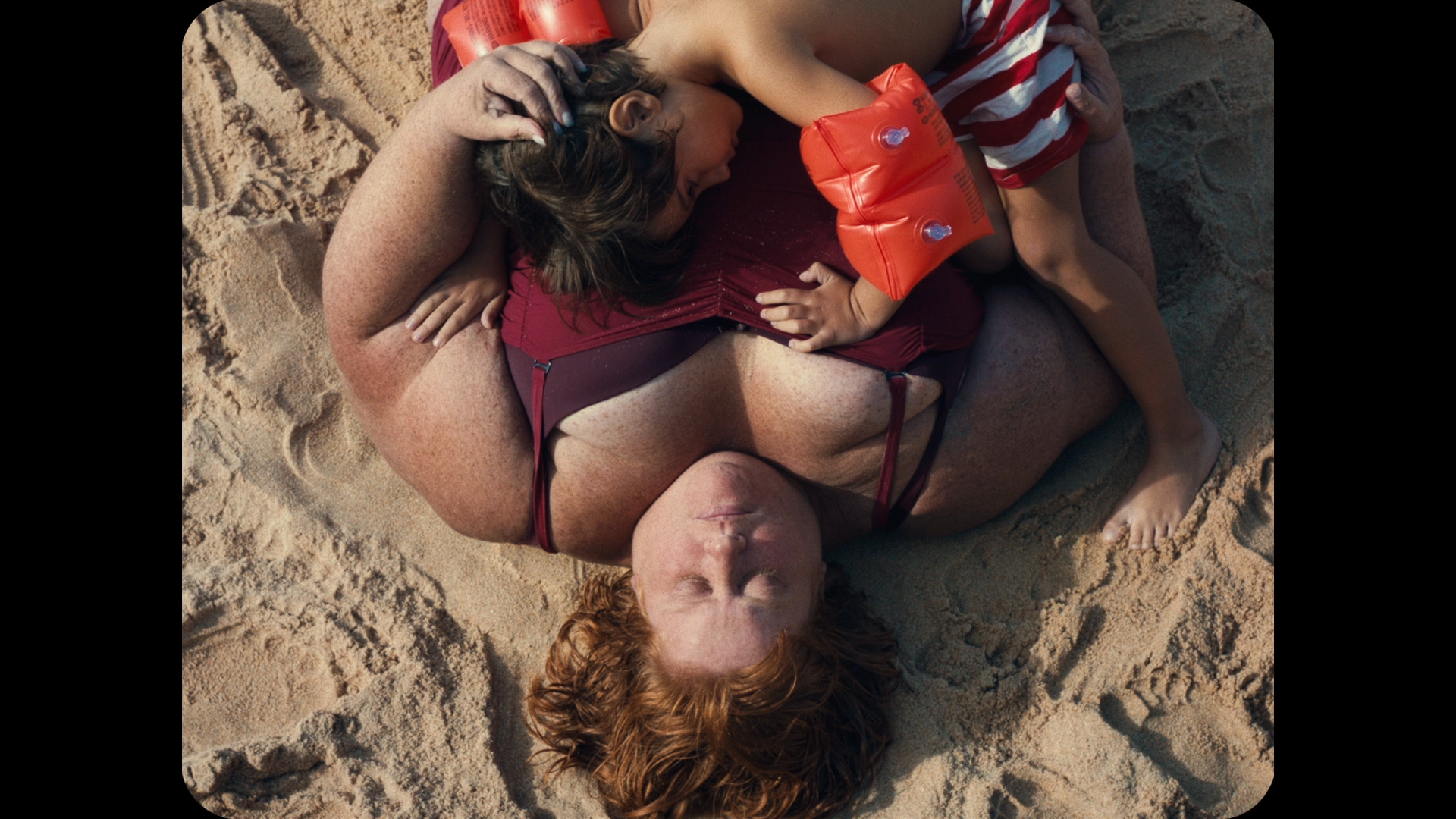
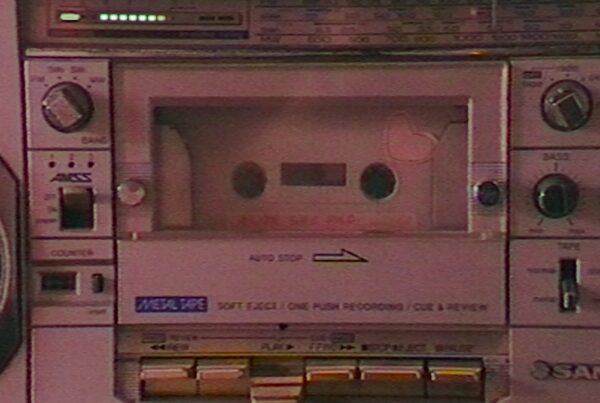
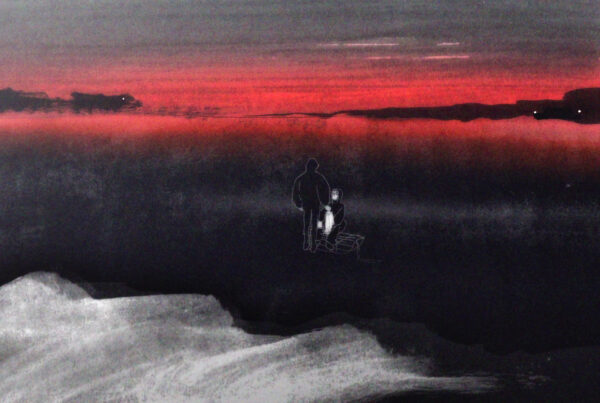
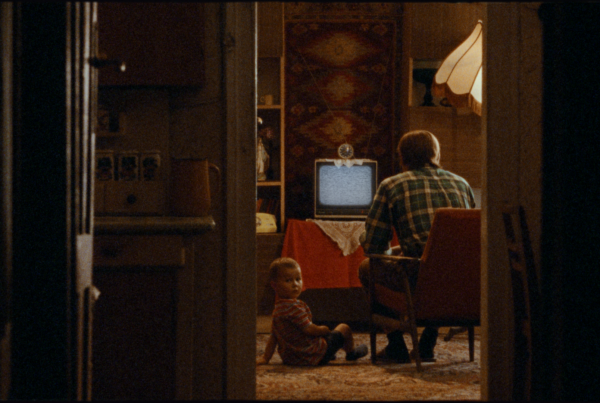
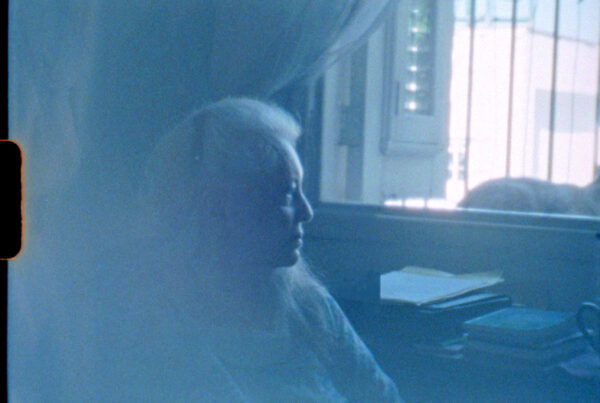
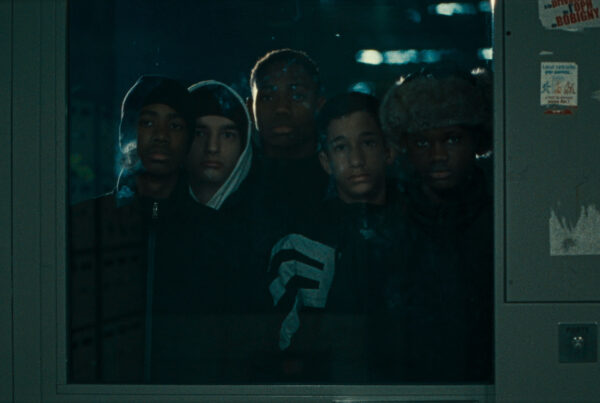
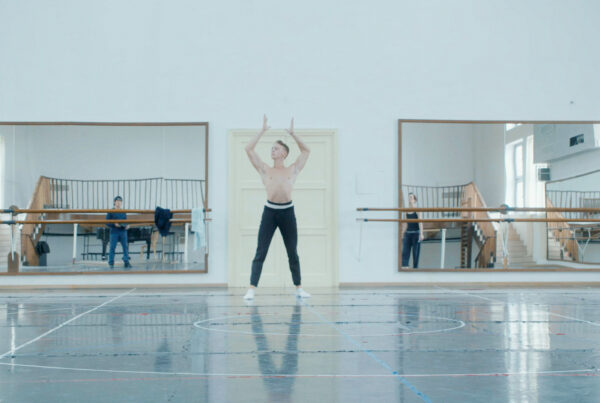
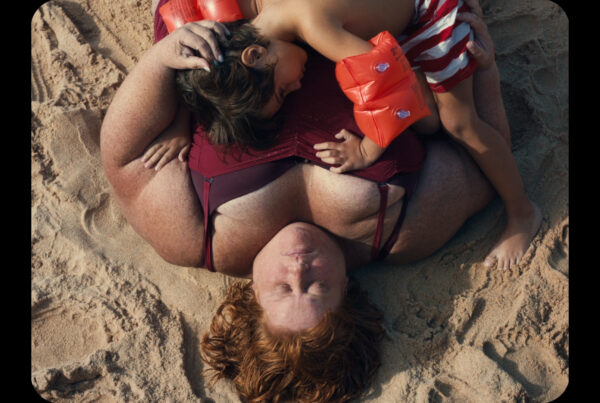

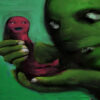




Commenti recenti